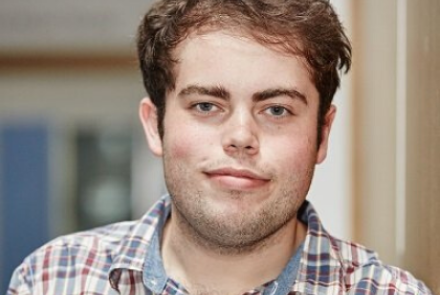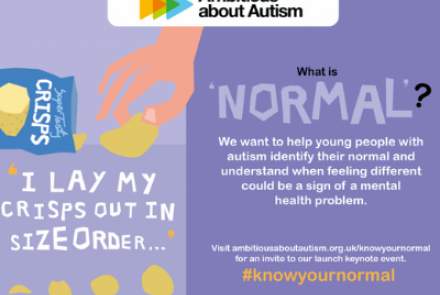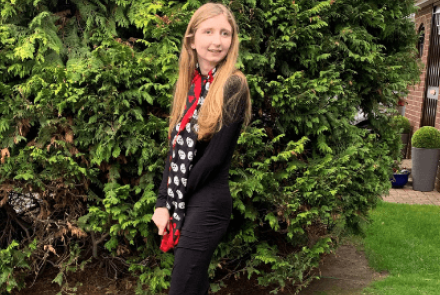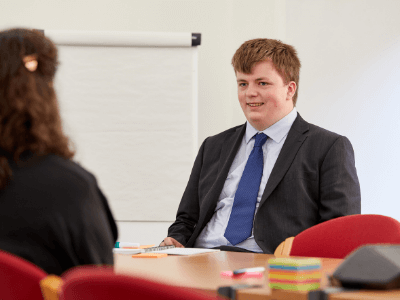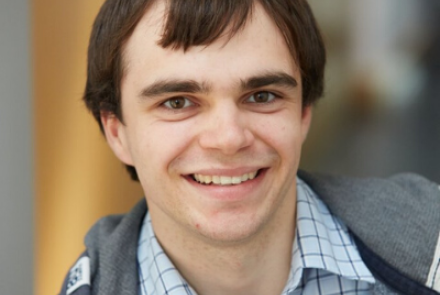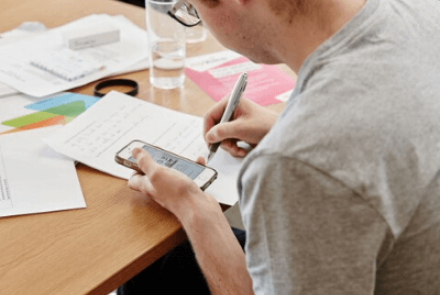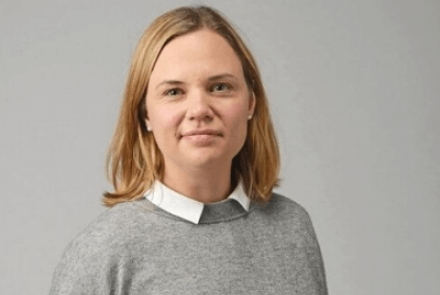Making the move to university
Bella is 21 and has recently graduated from university in Liverpool.
“I don’t think anyone that knew me, including myself could have predicted three years ago how much of a life changing experience university would be for me.
“I knew that it would not be an easy journey and as much as I could, I prepared for the challenges I might encounter. For me however, the biggest challenge wasn’t the academic side of university but rather the fact I would be leaving home and moving away from everything and everyone I knew.
“In relation to this, without a doubt the most valuable support I accessed whilst as university was my specialist mentor. Available to access through Disabled Students Allowance (DSA), I was awarded a set number of hours with my mentor to access throughout the academic year. I was unsure what to expect at first and I didn’t know how I would benefit from the sessions, but I know now without them I would not have managed to successfully complete my degree.
“From getting to know me as an individual person, to helping me organise my workload, my mentor allowed me to build my independence in ways I never thought possible. I was supported with going to new places to study and complete work, using public transport and I knew I had someone who could advise me in complex social situations I easily got stressed over. For me personally it was important having someone I could trust and be honest with whilst away from home and the mentor support provided that perfectly.
“Looking back now on my time at university, accessing support made university an achievable task for me. I had a notetaker in my lectures and special exam provision on top my specialist mentor support and together the provisions supported me right through to graduation. If I could give one piece of advice to other students applying for university who have autism, I would say to be honest with the things you might struggle with and accept the help you deserve.”
Jack is 24. He went to university in Winchester.
“The decision to pursue a degree at university was one I had knowingly opened a floodgate of uncertainty for myself. First, none of my closest family had ever been to university, so were not in a position to inform me of what I might face if and when I might begin my studies. In addition, I would be living out of the family home and into student accommodation, where I would eventually move out to my preferred university option at Winchester.
“In that time before to make the necessary preparations leading up to the start of my degree, I applied for Disabled Students Allowance (DSA), having been a recipient in both school and college of teaching and exam support, which included use of a computer and 25% extra time to the allocated duration of an exam paper. Thankfully, achieving the grades required and being entitled to DSA after an assessment at Bath Spa University, everything was ready before Freshers Week had even started.
"At home, there was only access to a shared computer that for any work, internet browsing and anything else, it served for all purposes. With DSA, I was given a computer, alongside a printer/scanner, without any charge and from second year, assistive software (‘Inspiration’ in particular) was undoubtedly essential to my studies. A digital recorder also came with me to lectures and seminars (until I somehow managed lose that!) When it came to the writing of my essays, the ability to create visual mindmaps and have my words read out with programmes that came as part of my allowance package became fixtures in how I would construct my academic pieces – with a joint degree in English and Creative Writing, the creative assignments worked a bit differently.
"I would also have weekly appointments with a study skills tutor, as well as a mentor in third year, to help ensure I was on track when it came to deadlines for my work and to help check the quality of what would be submitted could have a chance of a high marking. For my very first submission, which was in Creative Writing, it came back with a rather crushing 40% (the pass minimum). It was perhaps for not lack of trying or doing an ‘all-nighter’, but my writing style was seen as ‘impenetrable’ and with study skills, as well as some practice, I sharpened my presentation to avoid similar outcomes in future instances.
"When it came to accommodation, I could also live in an en-suite room for the price of a standard room in student housing (or just the additional charge of the en-suite extra deducted). This was done out of personal preference in having access to my own facilities and the anxiety when it came to communal living with those I was thrown with as housemates. In subsequent years, I was also granted a right to live in student housing for the remainder of my time at university.
"Admittedly, what perhaps faltered in practise was the ‘buddy’ scheme, which at the time seemed to be a perfectly sensible provision to help become comfortable with university life in general. Sadly, it was simply not the right kind of support I felt could benefit in the long-term, and while building new friendships over that period was sometimes a struggle, I found my own way in the end.
"It cannot be overemphasised that without access to support systems, or no funding to purchase equipment and course materials, my time at university would have almost certainly ended in failure or giving up on my degree. My own experience in qualifying for DSA may also not be reflective nowadays of all claimants since then, being a student in the last year before the tuition fee cap was lifted, but the path into higher education was much easier knowing I had a safety net built to make my time there both an enjoyable and impactful one.”


